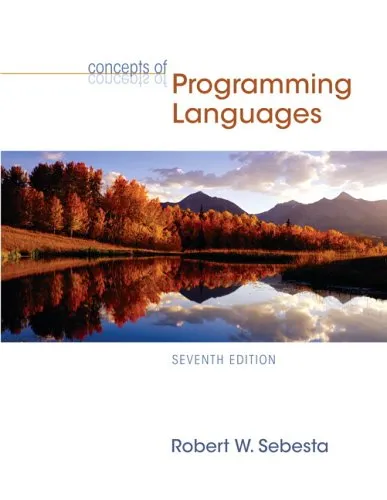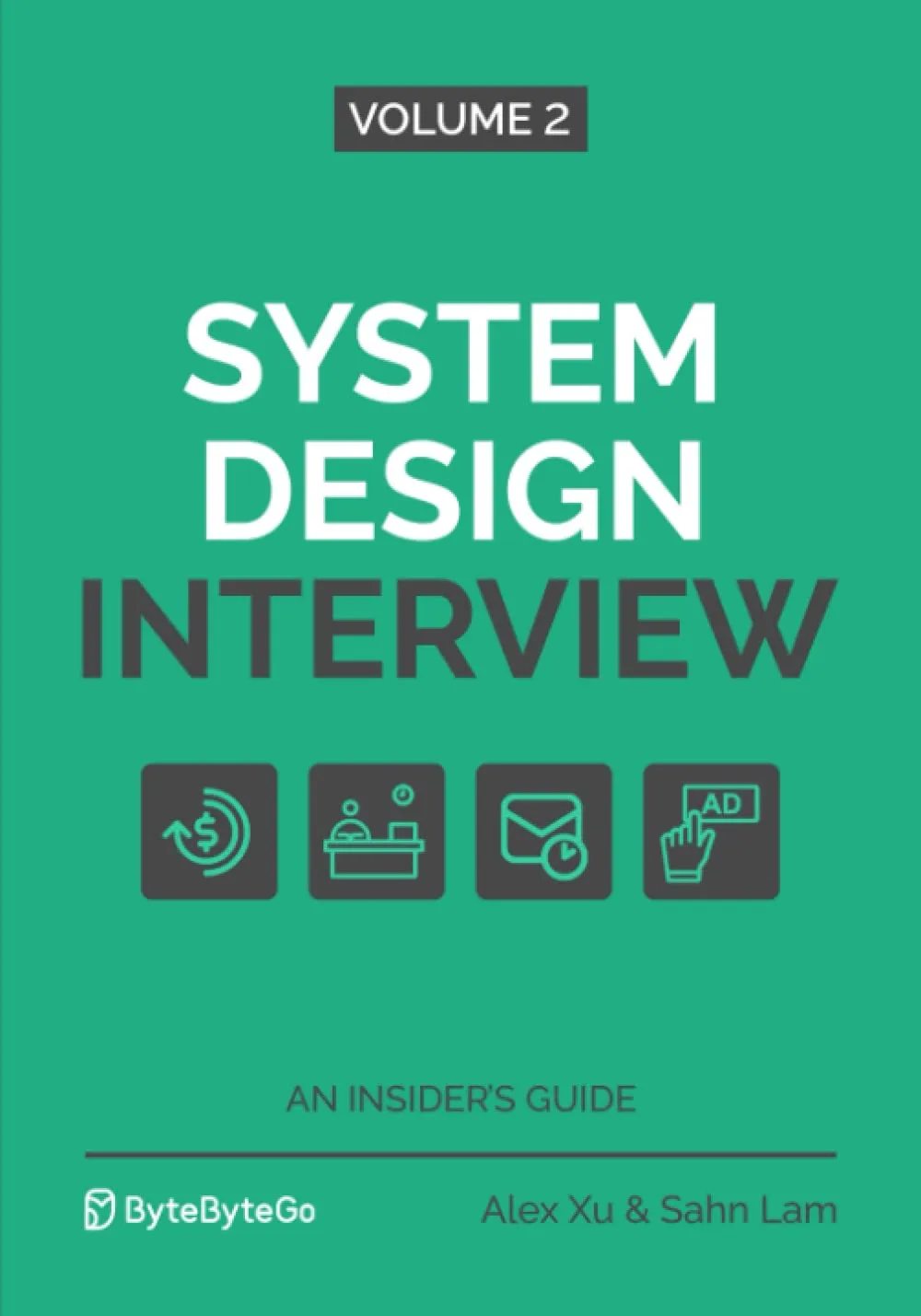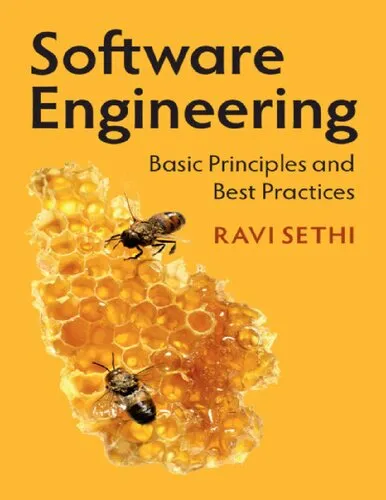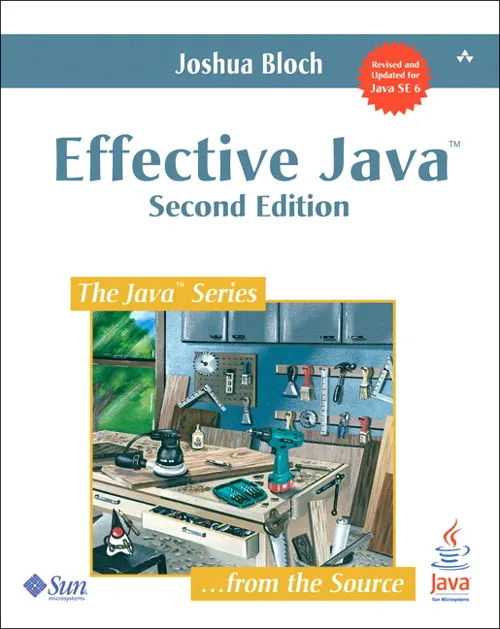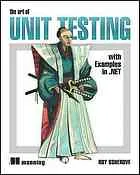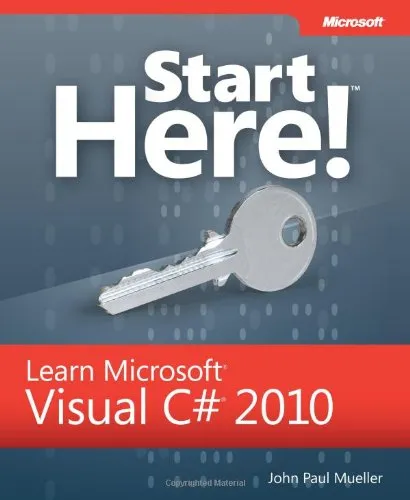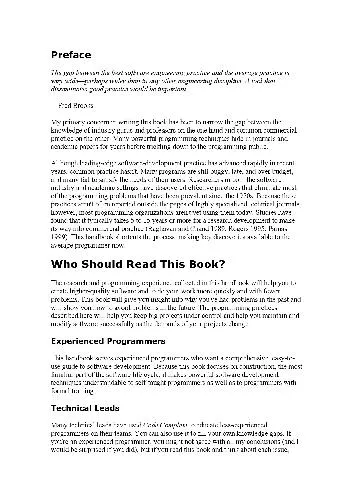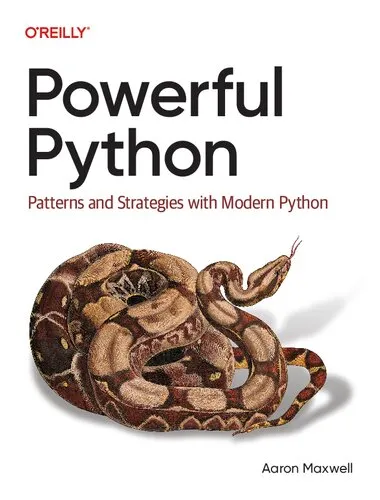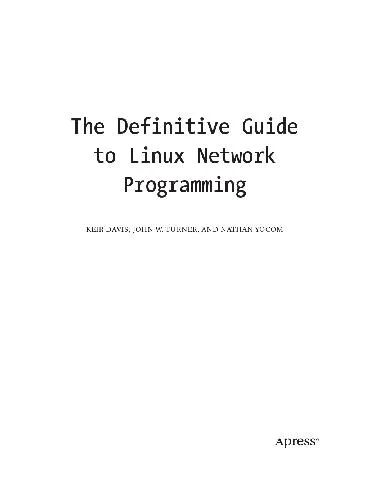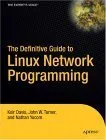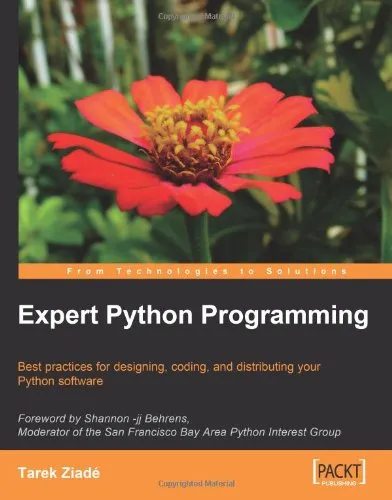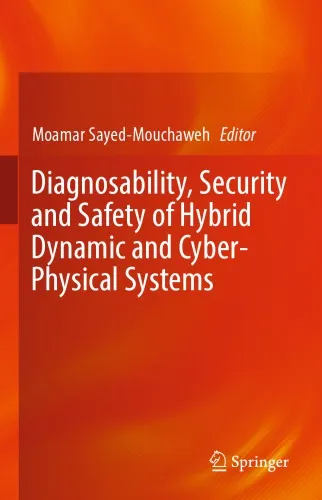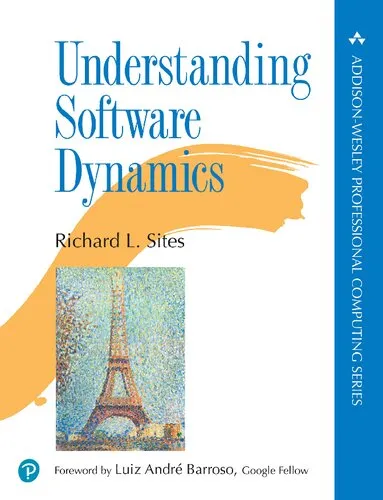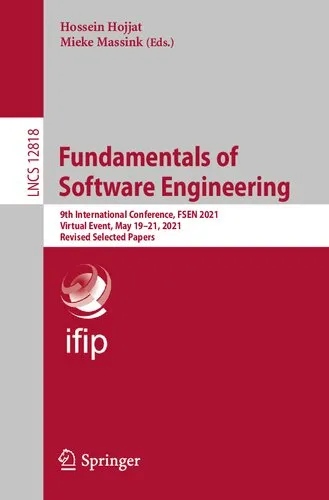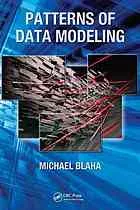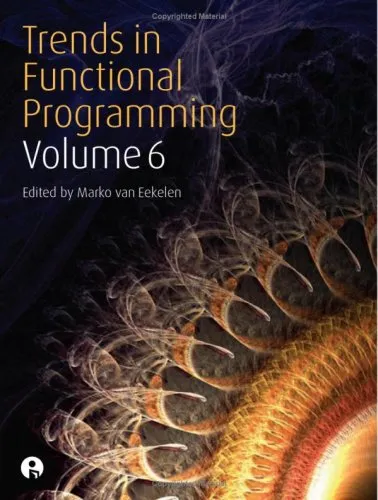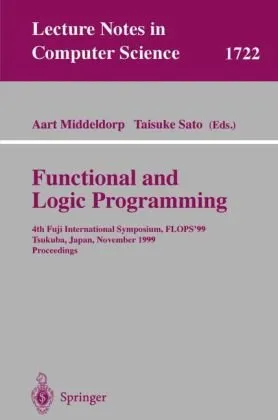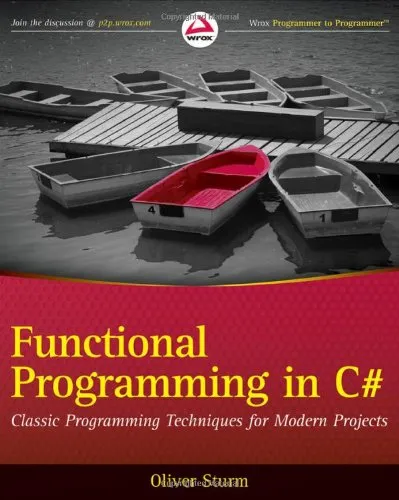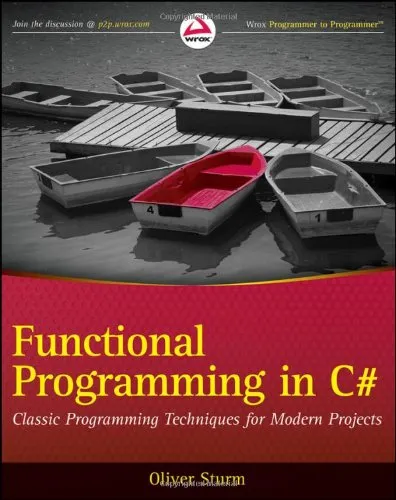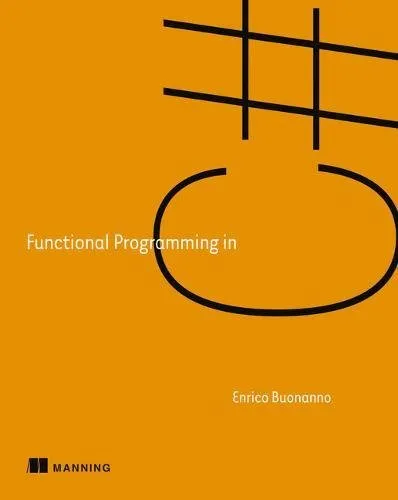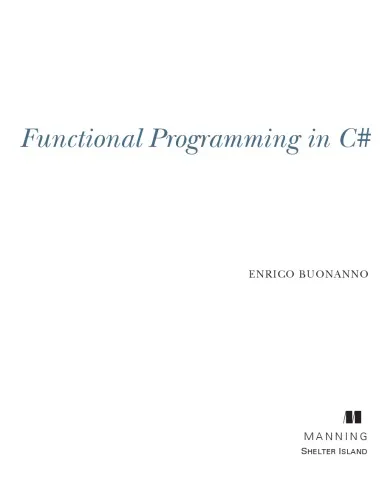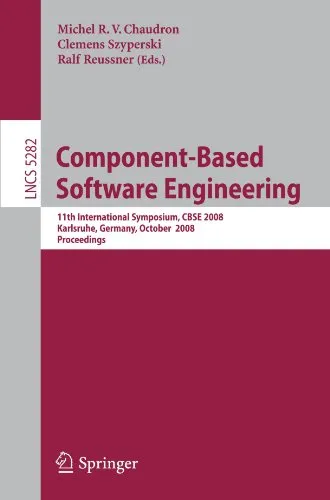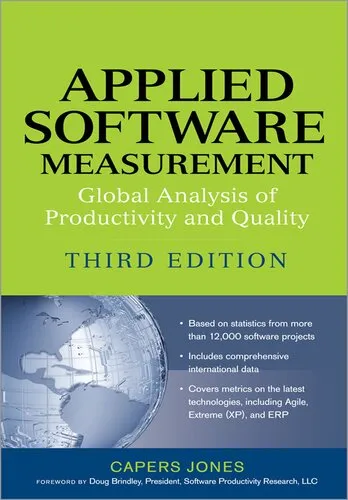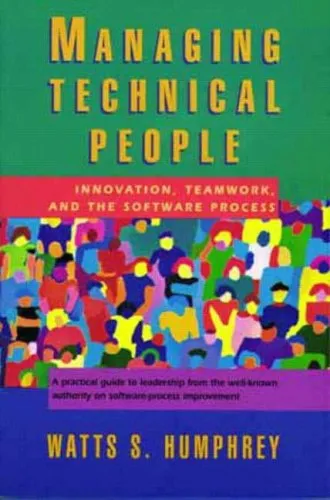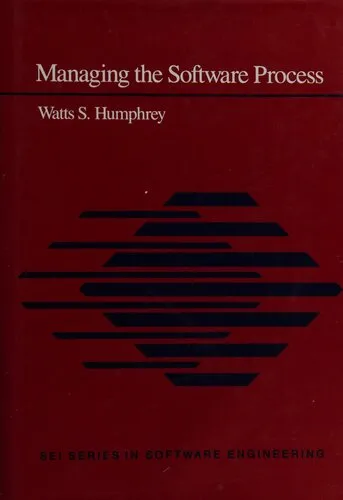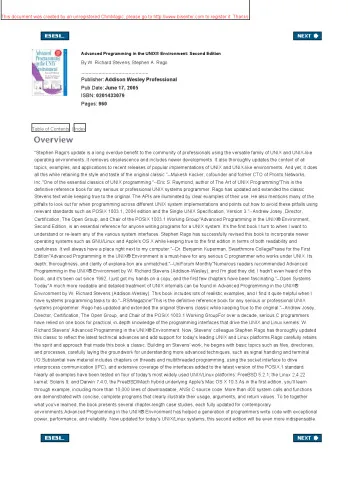Concepts of Programming Languages
4.3
Reviews from our users

You Can Ask your questions from this book's AI after Login
Each download or ask from book AI costs 2 points. To earn more free points, please visit the Points Guide Page and complete some valuable actions.Related Refrences:
Introduction to "Concepts of Programming Languages"
Programming languages are at the heart of software development, shaping the way developers think and create solutions. "Concepts of Programming Languages" by Robert W. Sebesta serves as a comprehensive guide to the theoretical underpinnings, design principles, and real-world applications of programming languages. This book is a cornerstone for students, educators, and practitioners who aspire to deepen their understanding of the fundamental concepts that govern programming languages.
The goal of this book is not just to teach how to use various programming languages but also to explore their roots, practical implementations, and influence on problem-solving. With a focus on making complex ideas digestible and grounded in real-world relevance, this work inspires readers to think critically about programming paradigms and current trends in software development.
Detailed Summary of the Book
In "Concepts of Programming Languages," readers are introduced to the evolution and diversity of programming languages, gaining insights into why languages are designed in certain ways and how they solve specific problems. It begins with a historical overview of programming languages, setting the foundation for appreciating the journey of language design from procedural and functional paradigms to object-oriented and logic-based paradigms.
The book extensively explores essential concepts such as syntax, semantics, and language translation processes. Syntax deals with the structure and grammar of languages, while semantics focuses on the meaning behind the code. The discussion on language translation provides an overview of interpreters, compilers, and the execution processes of programs across different environments.
One of the book's hallmarks is its deep dive into various paradigms. For instance:
- Procedural Programming: With examples in C and Pascal, this section explains the imperative approach to programming using procedures and control structures.
- Object-Oriented Programming: The book examines concepts such as encapsulation, inheritance, and polymorphism using languages like C++ and Java.
- Functional Programming: A discussion on the mathematical foundation of functional programming with examples in languages like Lisp and Haskell.
- Logic Programming: An introduction to Prolog and declarative programming based on formal logic principles.
Importantly, this book also emphasizes the trade-offs of various language designs, highlighting the strengths and weaknesses of each. Readers gain a comprehensive perspective on how to select the right language for solving specific problems.
Key Takeaways
By reading "Concepts of Programming Languages," you will gain:
- A foundational understanding of how programming languages are designed and implemented.
- The ability to compare and contrast the pros and cons of different programming paradigms.
- An appreciation for the historical evolution of programming languages and the insights it provides into modern software development.
- Deeper knowledge of concepts like syntax, semantics, and pragmatics in the context of languages.
- The critical ability to assess a programming language's suitability for specific projects or problems.
Famous Quotes from the Book
"Concepts of Programming Languages" is filled with insightful observations that resonate with developers and learners alike. Here are some memorable quotes:
"The study of programming languages is fundamentally about understanding the mindsets of the designers and the tools they provide for solving problems."
"A thorough knowledge of programming language concepts helps programmers adapt to new languages and tools as they emerge."
"The diversity of programming paradigms reflects the complexity of computing challenges and the ingenuity of human problem-solving."
Why This Book Matters
"Concepts of Programming Languages" stands out as a pivotal resource in the study of computer science because it offers lasting, foundational knowledge that transcends trends and technologies. While frameworks and languages tend to go in and out of vogue, the principles explored in this book remain timeless.
For students and aspiring programmers, this book lays a blueprint for understanding not just how to program, but why languages are designed the way they are. For educators, it provides a structured approach to instilling critical thinking about programming tools. For seasoned developers, it serves as a reminder of the importance of mastering principles over syntax.
This book matters because it equips readers with intellectual tools to navigate an ever-evolving technological landscape. Understanding core programming concepts not only boosts technical fluency but also sharpens the ability to innovate, analyze, and contribute meaningfully to software development practices.
In a world where new programming languages and paradigms are constantly emerging, "Concepts of Programming Languages" is a timeless guide for understanding, adapting to, and mastering the art of programming.
Free Direct Download
You Can Download this book after Login
Accessing books through legal platforms and public libraries not only supports the rights of authors and publishers but also contributes to the sustainability of reading culture. Before downloading, please take a moment to consider these options.
Find this book on other platforms:
WorldCat helps you find books in libraries worldwide.
See ratings, reviews, and discussions on Goodreads.
Find and buy rare or used books on AbeBooks.
1454
بازدید4.3
امتیاز0
نظر98%
رضایتReviews:
4.3
Based on 0 users review
Questions & Answers
Ask questions about this book or help others by answering
No questions yet. Be the first to ask!
